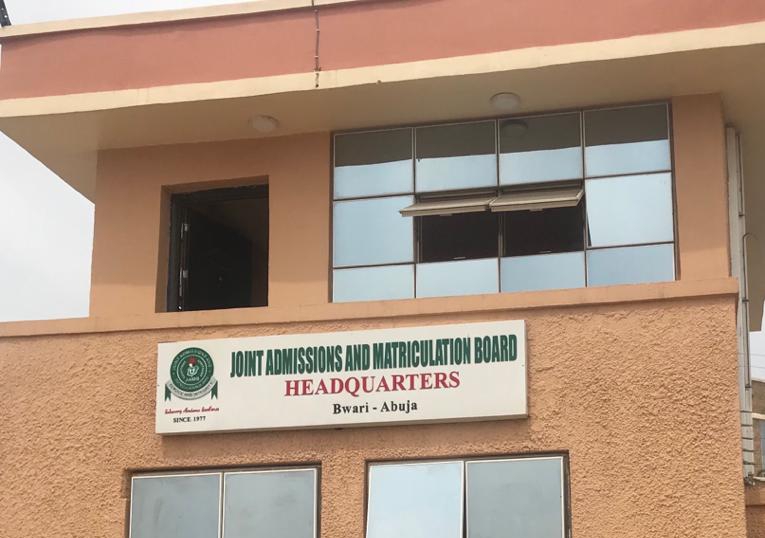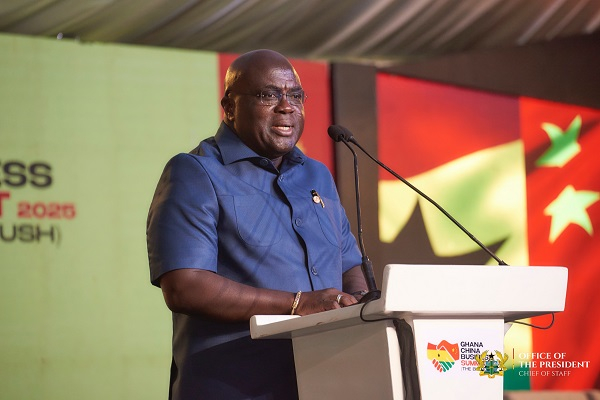Afreximbank Defends Lending Strategy After Fitch Downgrade - MSME Africa
The African Export-Import Bank (Afreximbank) has questioned the basis of a recent downgrade by Fitch Ratings, describing it as inconsistent with the agency’s own forecast of repayment timelines for loans to African countries.
Dr. George Elombi, Executive Vice President for Governance, Legal and Corporate Services at Afreximbank, raised the concerns during a plenary session at the bank’s 32nd Annual Meetings held in Nassau, The Bahamas. The session, themed “Strengthening Institutional Resilience for Africa’s Growth and Prosperity,”focused on the critical role of the bank’s Preferred Creditor Status in financing African development.
Fitch recently revised Afreximbank’s Long-Term Issuer Default Rating from ‘BBB’ to ‘BBB-’ with a negative outlook, citing an increase in non-performing loans (NPLs), particularly to countries like Zambia, Ghana, and South Sudan. The agency also downgraded the bank’s risk management profile to “weak,” pointing to concerns over transparency and a deviation from the practices of other multilateral development banks.
Elombi challenged these assertions, describing Fitch’s outlook as a contradiction. “The same report projects that within 18 months to two years, these very obligations would begin to be repaid,” he said. “If repayment is expected in the near term, the issue of impairment becomes questionable.”
He explained that Fitch’s calculations differ from the bank’s own reporting under International Financial Reporting Standards (IFRS 9), which provides flexibility in classifying distressed but recoverable loans. He maintained that Afreximbank’s financial reporting is fully compliant and externally audited.
“We had no issue with Fitch applying its methodology,” Elombi said, “but we simply requested transparency. Let readers know Fitch used its own internal approach, not standard IFRS accounting.”
He went further to note the subjective nature of such assessments. “Give the same data to 20 accountants, and you’ll get four different interpretations. That’s the nature of professional judgment.”
Fitch’s report also raised concerns over the willingness of African governments to honour the legal agreements underpinning Afreximbank’s operations. Elombi dismissed this as unfounded.
“Why would African states abandon an institution they created and financially support?” he asked. “We see no risk of default on treaty obligations from our member countries.”
He described the bank’s stakeholder structure—which includes African states, the private sector, and non-African shareholders—as evidence of its resilience. “Afreximbank is better positioned than many multilaterals because it is grounded in the continent, supported by African governments, and aligned with Africa’s priorities.”
Despite the rating concerns, Afreximbank continues to play a vital role in Africa’s economic transformation, particularly in Nigeria. As one of its largest shareholders, Nigeria has been a major beneficiary of the bank’s support.
By 2024, the bank had disbursed over \$30 billion into Africa’s energy sector, with Nigeria receiving nearly 60% of that funding. These investments include the Dangote Refinery, the ongoing rehabilitation of the Port Harcourt Refinery, and broader plans to make the Gulf of Guinea a regional refining hub.
In addition, Afreximbank is backing the creation of an Africa Energy Bank to be headquartered in Abuja, a step expected to bolster the continent’s energy independence.
The bank is also supporting Nigeria’s fertiliser revolution, helping to scale production to 7.5 million metric tonnes per year, positioning the country as Africa’s top fertiliser producer.
Beyond energy and industry, Afreximbank is actively supporting Nigeria’s creative sector through credit facilities, training, and market access initiatives designed to increase the export potential of local cultural products.
Elombi’s remarks highlight Afreximbank’s confidence in its financial integrity and its role as a critical player in Africa’s development finance landscape. While Fitch’s rating may influence short-term market perception, the bank maintains that its long-term fundamentals, legal protections, and mission alignment with African governments remain intact.
“Our track record shows that we rise in difficult times,” Elombi said. “That’s when African institutions are most needed
—and we are here for that.”
Post Views: 5












